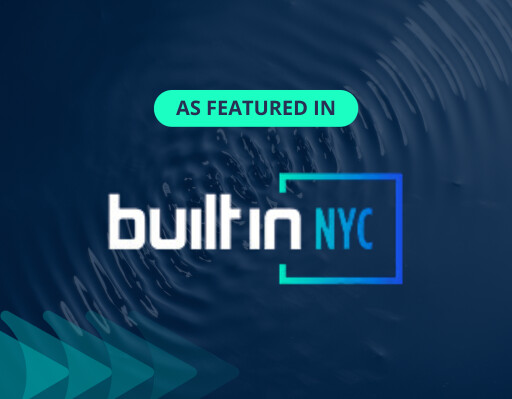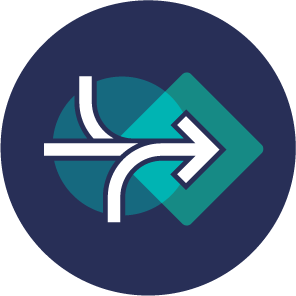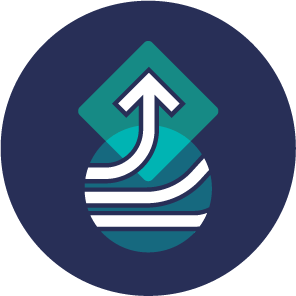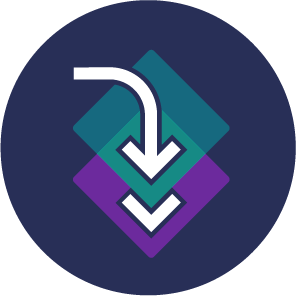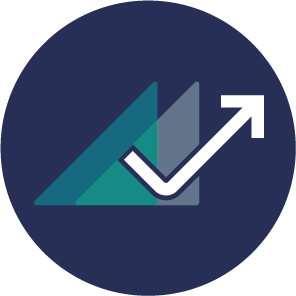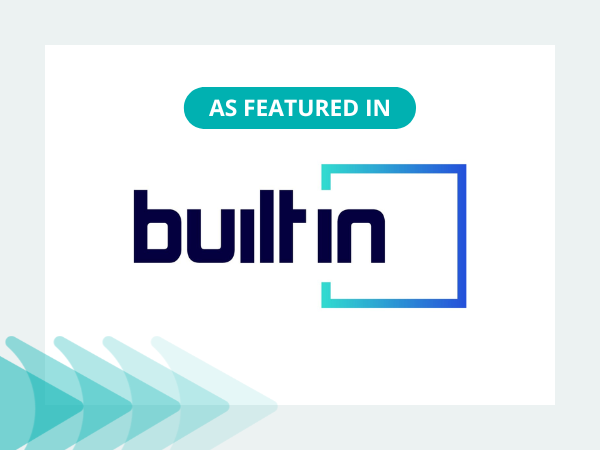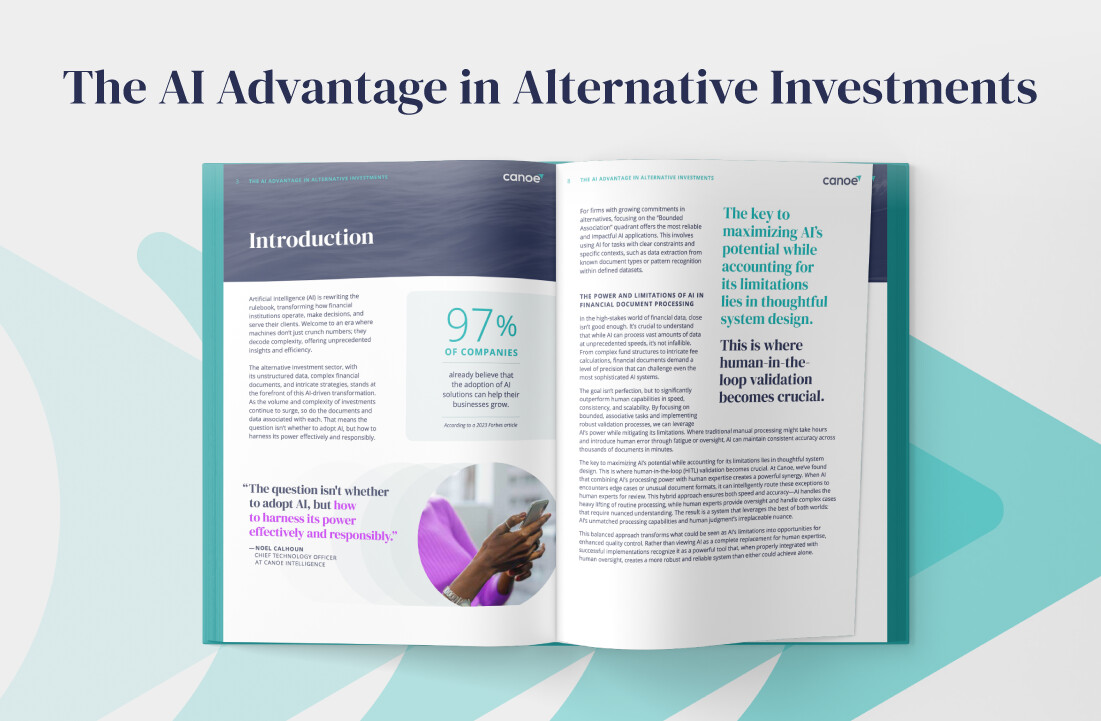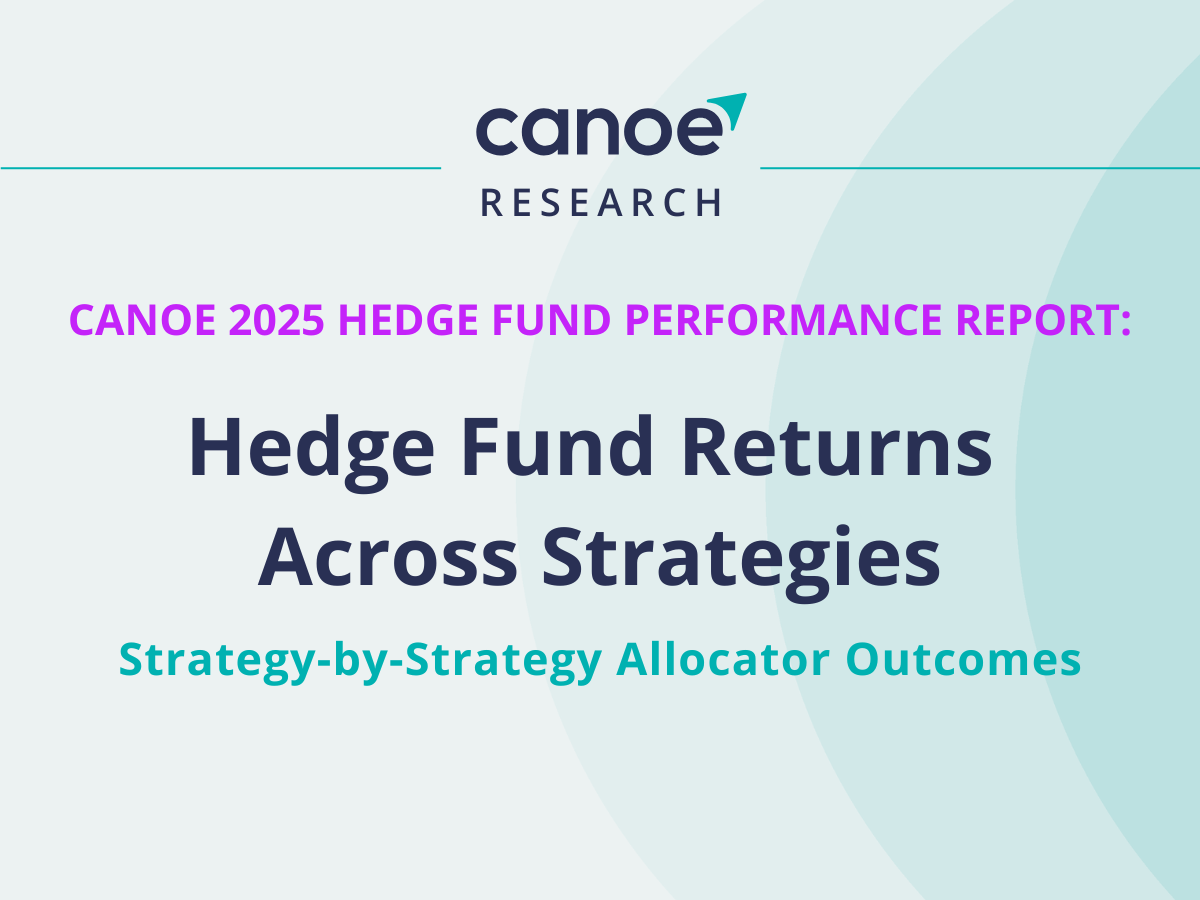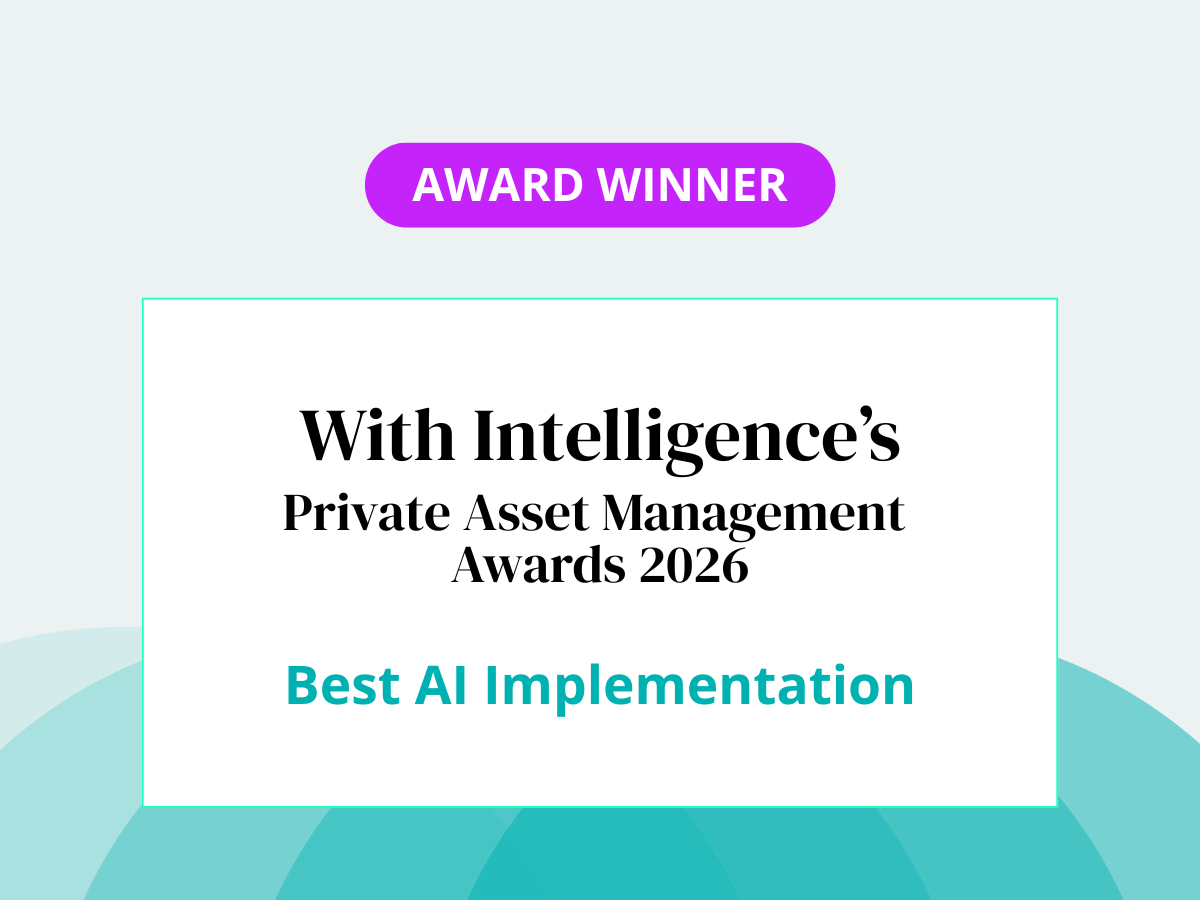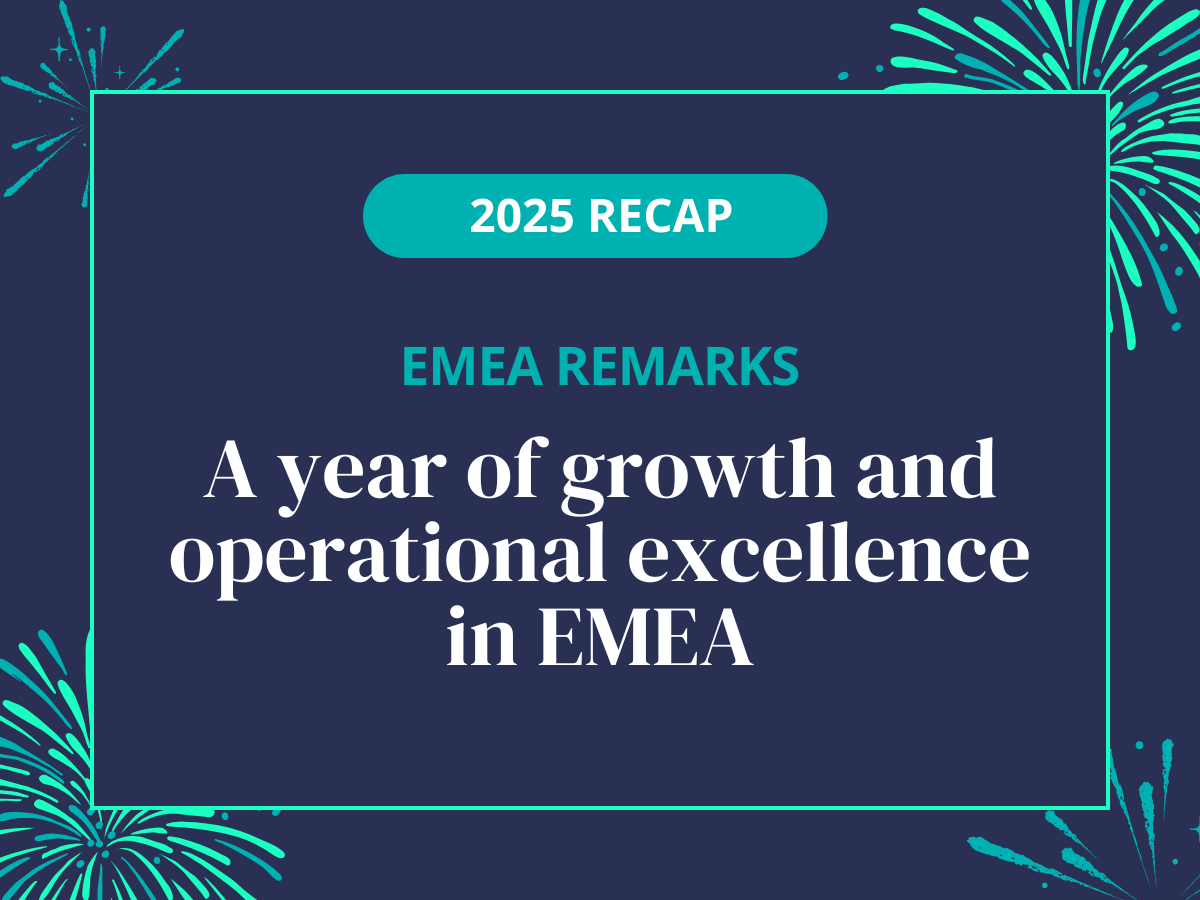Employee Spotlight: Dennis Mangalindan, Sr. Director of Family Office Strategy & Accounting Sales
Dennis Mangalindan, Sr. Director of Family Office Strategy & Accounting Sales:
What inspired you to pursue a career in Family Offices and Financial Technology?
I have been fortunate to have grown up in Silicon Valley and have seen the transformative power of technology, not only within the Bay Area, but in my own personal and professional life. Being fascinated and later immersed in “startup culture” has made my journey unique. It began in the tail end of the dot com boom, working at a startup in San Jose where I was employee #5, working in a small room shoulder to shoulder with others focused on market analysis, content and collateral while others were actually building out a CRM/bug tracking application for the chip design industry. After being laid off, I volunteered at a local non-profit called SVASE (Silicon Valley Association of Startup Entrepreneurs) where I met founders of various startups which led to my position at a firm called Financial Navigator (acquired by Asset Vantage) as employee #11. My formal introduction to family offices was through the accounting lens, meaning I was intimately familiar with portfolio, partnership, and traditional accounting performed in the back office. After 8+ years, I made the jump to Archway Technology Partners (acquired by SEI) where I spent the next 14+ years in a player/coach role overseeing the sales and marketing teams and as an individual contributor which helped the company scale. As employee #23, I saw firsthand the drive and determination of the team to build out the industry’s preeminent integrated solution.
I come from a family of accountants. My dad was an accountant, my uncle was the CFO of a single family office in Silicon Valley, my grandfather was a controller for a wealthy family in the 40’s and 50’s and I have a number of aunts and uncles that worked in corporate accounting for tech companies. You could say that debits and credits were in my blood and I was destined to work within the family office industry.
Financial technology is incredibly complex. I love the challenge of solving problems for the front-, middle-, and back- office. Being well versed in partnership/fund accounting, asset allocation, performance reporting and financial statements enables me to work across various verticals. Early exposure to tax, financial statement analysis and portfolio management ensures I am comfortable with the accountant and CPA, along with the investment professional and CIO.
What drew you to Canoe? Are there specific aspects of the company’s trajectory that were most exciting for you?
I feel lucky to have known Seth Brotman when he was Head of Investments at a single family office in New York City. I recall meeting him at multiple family office dinners/events and striking up a friendship that began with our love for chocolate chip cookies. One day, Seth called me and told me the idea to commercialize a nascent product incubated at Portage Partners. After sharing some high level talking points, I was enamored with the idea and told him I would support him with introductions to clients, contacts, and other centers of influence within the industry. I have been friends with Mike Muniz from the early days and have known a number of Canoe employees for years. It was a no-brainer to join and help Canoe move the company and the entire industry forward.
There’s a metric that is shared, TAM (total addressable market). Canoe’s TAM is incredibly large, it’s global, and it touches the most aggressive and stable financial firms, from RIAs to large enterprise clients. The opportunity to not only expand the technology but also incorporate and utilize the data is enormous. Data is the future. Our ability to decipher, understand, and potentially share these insights is unrivaled.
What are some of your initial impressions since joining Canoe?
The team and culture at Canoe is incredible. There is an energy that is palpable and contagious. As a high-growth venture-backed company, everyone is moving in the same direction. There’s a singular focus point–to be the best alts platform in the world. Bar none.
Each employee that I have met brings a unique perspective to the organization and real-world experiences that they leverage to help our company grow. It’s refreshing to hear everyone talk about building better products, better processes while using tools that empower each person’s job/role. Most importantly, they care. They take things personally. It sounds simple but it is an underlying trait that helps good companies become great.
When you talk with people in the industry, what intrigues them the most? How is Canoe different from other technologies available today?
People in the industry love the singular focus of Canoe. We are solving a problem that causes friction and disrupts their day. The tangible benefits of our solution can be translated into hours and days gained by ensuring a seamless experience and interaction with their data. Behind the scenes, they know that Canoe is built on battle-tested and scalable technology that is powered 98% by our AI and machine learning engines. When I share our vision for a product, I often use the famous saying from Jeff Bezos, “Focus on what makes your beer taste better.” Our focus is on core competencies that differentiate our products and directly improve the tech and customer experience.
What’s the best piece of advice someone has ever given you?
I love this question because I try to share the same advice: FIO, or “figure it out,” which resonates deeply with me, given my experience working at various startups where you don’t have a manual/handbook and you’re using your experience, intuition, and input from those around you to make a decision.
Another piece of advice that I think about is, “hard work beats talent every day.” This means so much to me, given we work in a very complex and sophisticated industry that requires an understanding of not only alternative investments, portfolio management, financial services, and niche industries like family offices, pensions, endowments, foundations, wealth managers, and large institutions. It is impossible to know it all, so you have to work harder to learn, understand, and interpret what you hear from prospects, clients, and investors who expect you to be well-versed in their world.
